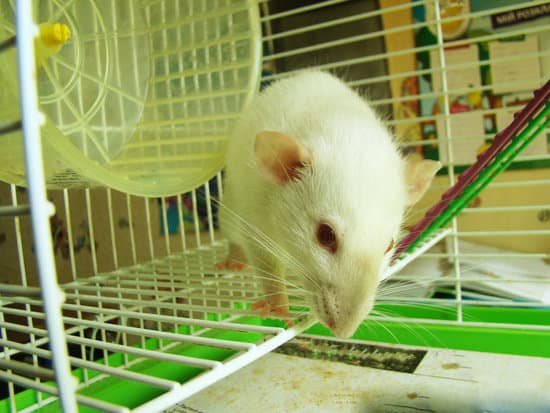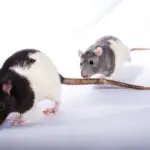How Can Rats Become Immune to Ratsak?
Rats can become immune to ratsak by inheriting its resistance through genetic mutations. This discovery led to a new research project, funded by leading companies in the pest control industry in Europe and the British Pest Control Organisation and the National Pest Technicians Association. The project will examine the resistance of rats to the rat poison by studying DNA samples from hundreds of rats across the country. The scientists will examine these samples to see where the highest levels of resistance exist.
A common misconception about rat poison is that rats are immune to it. Although rat bait and poison pellets are not effective, some rats can become resistant to them. One such rat is the super rat. This rat is a mutant rat that can survive any rodenticide. It is able to pass its resistance gene onto its offspring.
To treat rats with rat poison, you need to set a bait and place enough bait. Rats may be hesitant to feed on an unknown substance at first. Therefore, they may wait several days before they trust a new source of food. However, once they’ve become accustomed to the bait, they’re unlikely to become immune to it.
There are a number of ways to treat resistant rats. The first method is to use stronger rodenticides. For example, brodifacoum and flocoumafen have both been proven effective against resistant rats. However, these rodenticides must be used under very strict conditions and licensed by the Health and Safety Executive. Furthermore, local authorities must identify areas with the most resistant rats.








